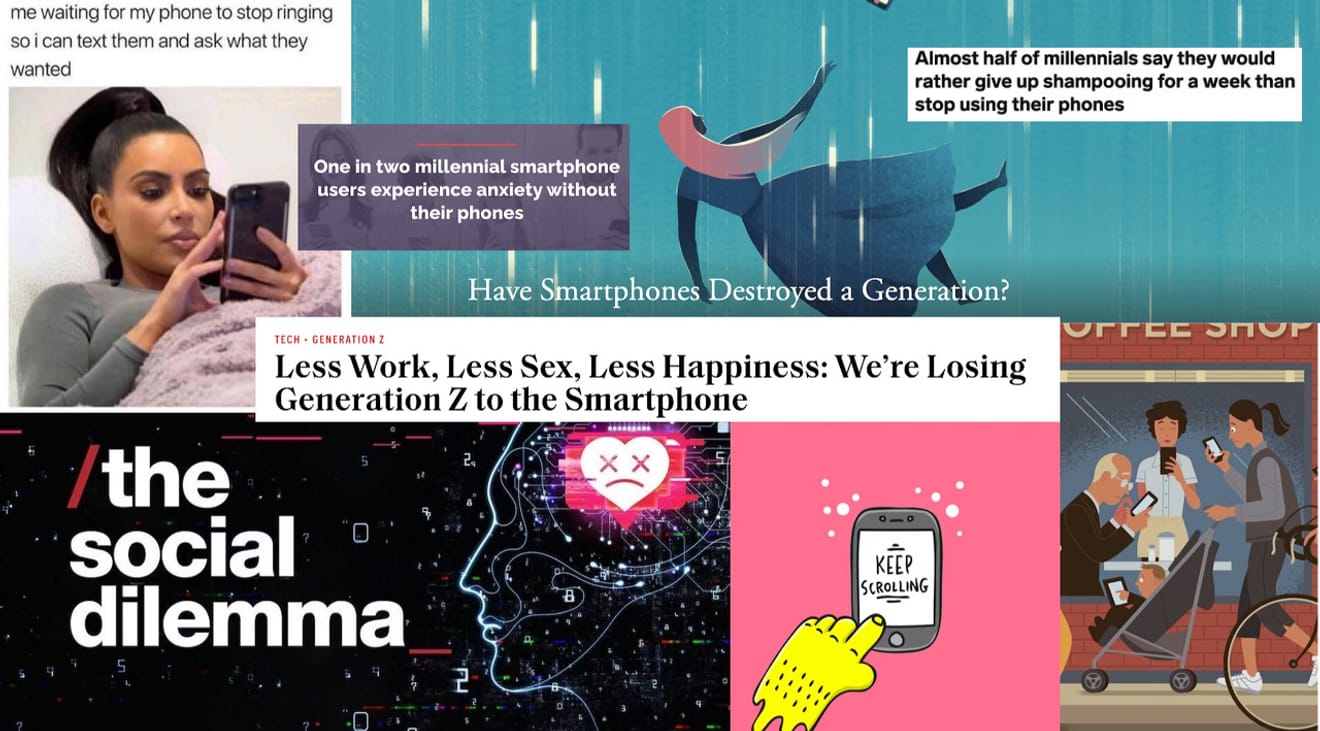Graphika, a service provider for social media environment analysis, revealed in its December report that over 24 million users accessed 34 AI services that generate nude images by synthesizing existing photos. This surge in user access is attributed to a more than 2,400% increase in links advertising 'clothes-removing apps' on social media platforms like X and Reddit. While non-consensual pornography has long been a scourge of the internet, advancements in AI technology have made deepfake software more accessible and sophisticated.
Sexuality has traditionally been a highly private and relative subject. However, with readily accessible web and internet services, individuals can now find sexual stimulation tailored to their preferences. This trend has unfortunately taken a somewhat destructive turn, extending beyond self-centered boundaries and potentially encroaching upon the lives of unsuspecting others.
In 1968, a protest initiated by eight young people in Paris, France, against the US involvement in the Vietnam War, escalated into widespread student demonstrations and a 10 million-worker strike across France, culminating in an unprecedented counter-establishment and counter-cultural movement. This '68 Revolution served as a catalyst for the recognition of sexual practices previously considered perverse by proponents of sexual liberation and the acceptance of the identity of sexual minorities, who were previously regarded as diseased or sinful. The ensuing sexual revolution of the 1970s led to a significant relaxation of religious and social norms surrounding love in many parts of the Western world. Women, in particular, experienced a shift towards more selective and transactional relationships, suddenly making 'sexual appeal' a prime commodity.

Image Credit: Bettmann Archive
Prior to this, chastity was paramount, and deliberate seduction was taboo. However, from the 1970s onward, chastity became a choice freely adjustable within a relationship. In other words, marrying the right person was a crucial factor in determining a woman's prospects for success, making romance and seduction intertwined with the pursuit of ultimate value through the use of the body. Subsequently, media and advertising industries swiftly capitalized on this transformed value of sex appeal. From automobiles to fashion, liquor, and entertainment, it emerged as a primary source of ideas for stimulating purchase desires across a variety of sectors. Importantly, this marked a shift in sexuality from its private, embodied reality to a realm of open images unrelated to its original definition, which companies openly displayed.
Currently, we are witnessing a paradigm shift where the role of sex appeal has diminished in the private sphere while proliferating more actively in popular culture. With the widespread dissemination of images related to sex, youth, and eroticism within the media world, and all virtual imagery, beauty standards have, in some ways, become more homogenized, measurable, and stringent. Byung-Chul Han, a philosopher active in Germany, describes this aesthetic as the aesthetic of smoothness in his book 'The Agony of Beauty'. He characterizes this aesthetic as the defining characteristic of our times, where sleekness and flawlessness are paramount, citing Jeff Koons's artwork, the annual release of new iPhones, Brazilian waxing as a natural topic of everyday conversations, and blemish-free skin as verifiable examples supporting his claim.

Jeff Koons, Balloon Dog
This deliberate social indifference that shuns negative elements which would add texture to the beauty of the human body as an organism implies a tendency to view the body as lifeless and incorruptible, like plastic. Therefore, we need to question whether the link between our relationship with our physical bodies and their substance has been severed.
“Is sex appeal still a valid strategy?”
The answer to this question will become increasingly crucial for individuals and, more so, for businesses. Modern love has drifted away from the inevitable friction inherent in traditional relationships; while every kind of pornography is available online, it has lost the ambiguous erotic power that was once verified through relative relationships. We need to understand what aspirations drive our current focus on physical appearance and body care, what is taking the top spot in value pursuit in place of the distanced romance that aligns with societal changes like singlehood and solitary deaths. Especially for businesses engaged in selling related desires, they need to continually strive to understand how original desires manifest today and how they are shifting to other domains.

References
Flesh
Comments0